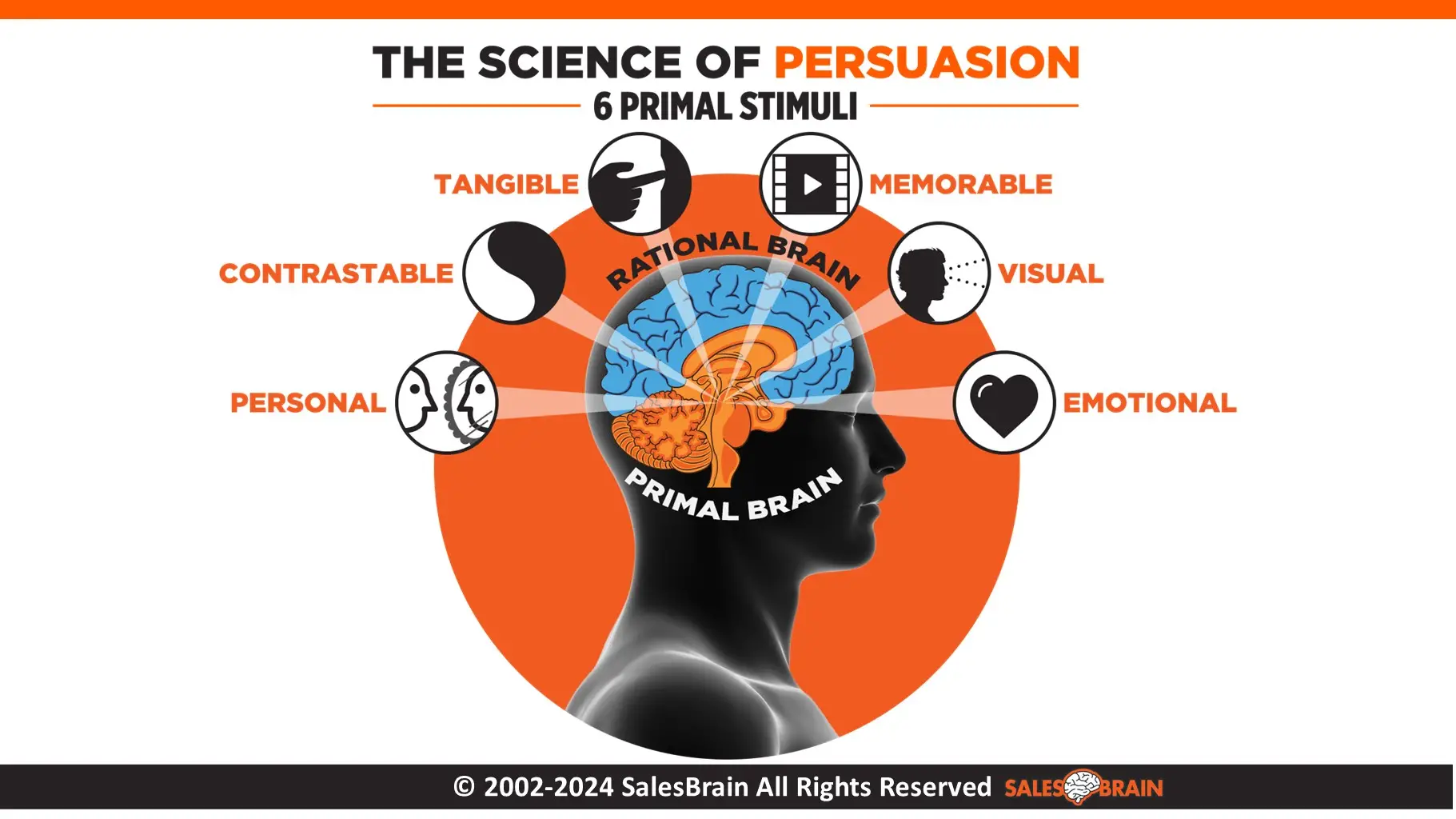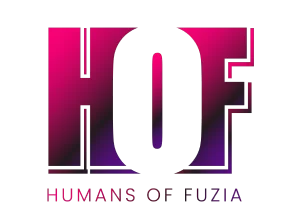Patrick Renvoise is the Co-Founder and Chief NeuroMarketing Officer at SalesBrain. With a deep passion for teaching, Patrick began his career instructing physics and electronics at the University of St Denis La Réunion in France.
An award-winning author, international speaker, trainer, and C-level coach, Patrick pioneered the field of NeuroMarketing. His expertise, grounded in the scientific study of how the brain makes buying decisions, fuels scientific, rapid, and proven growth for businesses.
After two years of research, Patrick co-authored The Persuasion Code, introducing NeuroMap®—the first scientific and award-winning persuasion model. Rooted in the dual brain theory by Nobel laureate Daniel Kahneman (author of Thinking, Fast and Slow), NeuroMap® highlights the critical role of the Primal Brain—also known as “System 1” or the Fast Brain—in decision-making.
Over the past two decades, Patrick has helped more than 2,000 companies, including Microsoft, Facebook, Prudential, Volvo, Epson, Siemens, and Hitachi, generate over $5 billion in additional revenue by targeting their customers’ Primal Brain.
Thanks to his background in selling complex hardware and software solutions at Silicon Graphics and LinuxCare, Patrick brings unique insights that have given companies an edge in closing large-scale business transactions exceeding $100 million.
NeuroMap® has proven effective across B2C and B2B markets, verticals, and deal sizes.
You can view his profile at www.linkedin.com/in/patrickrenvoise or contact him at patrick@salesbrain.com.
Awards for NeuroMap® include:
- 2008 “Above and Beyond” Vistage Speaker Award – Vistage is the world’s largest CEO organization.
- 2009 “Next BIG Thing in Marketing” Award from the San Francisco AMA (American Marketing Association) — the 2007 winner was YouTube.
- 2011, 2014 & 2015 “Innovation in Research Award” from the Advertising Research Foundation (ARF).
If your business could have a mascot, what would it be and why?
It would be: “The Chameleon Brain”
Why a Chameleon?
- Primal Brain Symbolism – SURVIVAL First
The chameleon represents the PRIMAL BRAIN’s core function: survival. It constantly scans its environment for threats and opportunities—just like the human Primal Brain does when confronted with persuasive stimuli. - Contrast and Adaptability – THE ULTIMATE CONTRAST CREATURE
Chameleons change color to create sharp contrast—one of the six primal stimuli. This mirrors how NeuroMap® uses before/after, with/without, safe/risky visuals to grab attention instantly. - Vision Dominance – 360° VISUAL ATTENTION
With independently moving eyes and 360-degree vision, the chameleon embodies the VISUAL BRAIN—the fastest, most influential sensory pathway to persuasion. Just like NeuroMap®, it’s built on understanding what captures attention first. - Emotional + Behavioral Response – EMBODIMENT OF TRIGGERED ACTION
When it sees something meaningful (a threat or prey), the chameleon reacts without hesitation. NeuroMap® aims for this exact response in decision-making—fast, emotional, action-oriented behavior triggered by persuasive messaging. - Memorable Metaphor – STICKS IN THE MIND
A chameleon mascot is tangible, visual, and emotionally engaging. It’s also MEMORABLE—a key trait in storytelling and claim reinforcement within the NeuroMap® method.
Tagline for the Mascot:
“Chameleon Brain™ – Adapt. Attract. Activate.”
Triggering action where it matters most: the PRIMAL BRAIN.
What strategies do you employ to maintain a healthy work-life balance while running your own business?
I set limits so I don’t work all the time and have enough energy to allocate to my family, friends, and hobbies including health such as working out.
When faced with unexpected detours on your business path, how do you pivot with grace and resilience, showing fellow women entrepreneurs the way forward?
I keep the final objective in mind. In our case, we want to make the world more aware of the dominance of the Primal Brain and how businesses can improve their marketing while consumers can better control their impulses to buy products they don’t really need.
How do you measure the success of your business beyond financial metrics, such as customer satisfaction or community engagement?
Of course, we like to obtain before and after metrics that show the impact of our interventions, but it is in the human testimonials of our clients that we find the emotional energy to stay motivated and focused on our mission.
Can you share a memorable moment where you witnessed significant growth or transformation in your business, illustrating the impact of your services/products?
About 10 years ago, as we were delivering the conclusion of a training in front of 25 sales and marketing executives, the CEO of that company—who had attended a previous session—walked into the room. To express how important he believed our model was, he handed us a large check corresponding to the incentive amount we were supposed to get if they closed the largest deal in the history of their company (over $100MM). He had just received the PO from their client in the days preceding the training.
What role do you believe mentorship plays in the success of small businesses, and how have mentors influenced your own entrepreneurial journey?
I have had only a few mentors in my career, and they were my bosses. They probably invested in me because they felt I was open to learn from them and potentially had the capacity to one day do as well as they did.
What’s your work all about, and how does it make a difference in the world?
Our work is about making marketing a science more than an art. Down the road, it helps Homo sapiens realize they are more survival-oriented animals than smart and sapiens.
Please share your Social Links
https://www.linkedin.com/in/patrickrenvoise/










